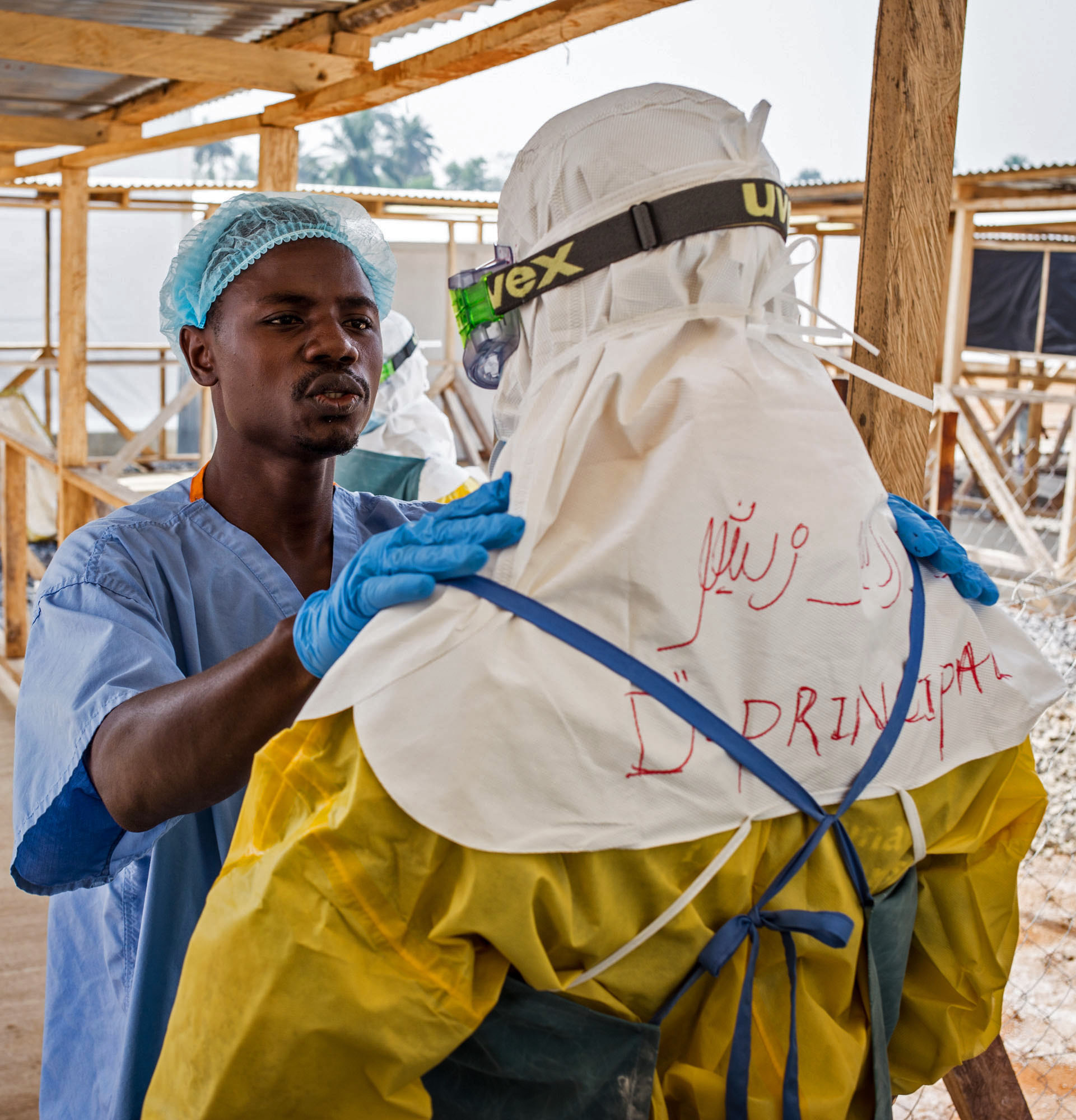Measles cases seen almost doubling in Ebola epidemic countries
Measles cases could almost double in countries hardest hit by the West African Ebola outbreak as overwhelmed health systems are unable to maintain child immunisations, scientists said on Thursday. For every extra month that health care systems are disrupted, international researchers said up to 20,000 children aged between nine months and five years were put at risk. More than 10,000 people have now died from the Ebola virus, almost all of them in west Africa, the World Health Organization said Thursday. The three hardest-hit countries of Sierra Leone, Guinea and Liberia have recorded 24,350 cases and 10,004 deaths since the epidemic began more than a year ago, the UN body said. There have also been six deaths in Mali, one in the United States and eight in Nigeria, all of which have since been declared Ebola-free.
[The fight against Ebola] is going in the right direction.
The WHO said on Wednesday
West Africa’s Ebola epidemic - the largest ever seen - has infected more than 24,000 people in Guinea, Liberia and Sierra Leone, killing almost 10,000 of them. Outbreaks of measles - one of the most transmissible diseases - often follow humanitarian crises as vaccination campaigns falter and populations are displaced and impoverished. While Lessler’s team only looked in this study at measles risk, he said the Ebola epidemic had also disrupted delivery of vaccines against polio and tuberculosis and of a combined shot that protects against meningitis, pneumonia, whooping cough, tetanus, hepatitis B and diphtheria.
The secondary effects of Ebola - both in childhood infections and other health outcomes - are potentially as devastating in terms of loss of life as the disease itself.
Justin Lessler, an assistant professor of epidemiology at the Johns Hopkins Bloomberg School of Public Health

Africa ebola